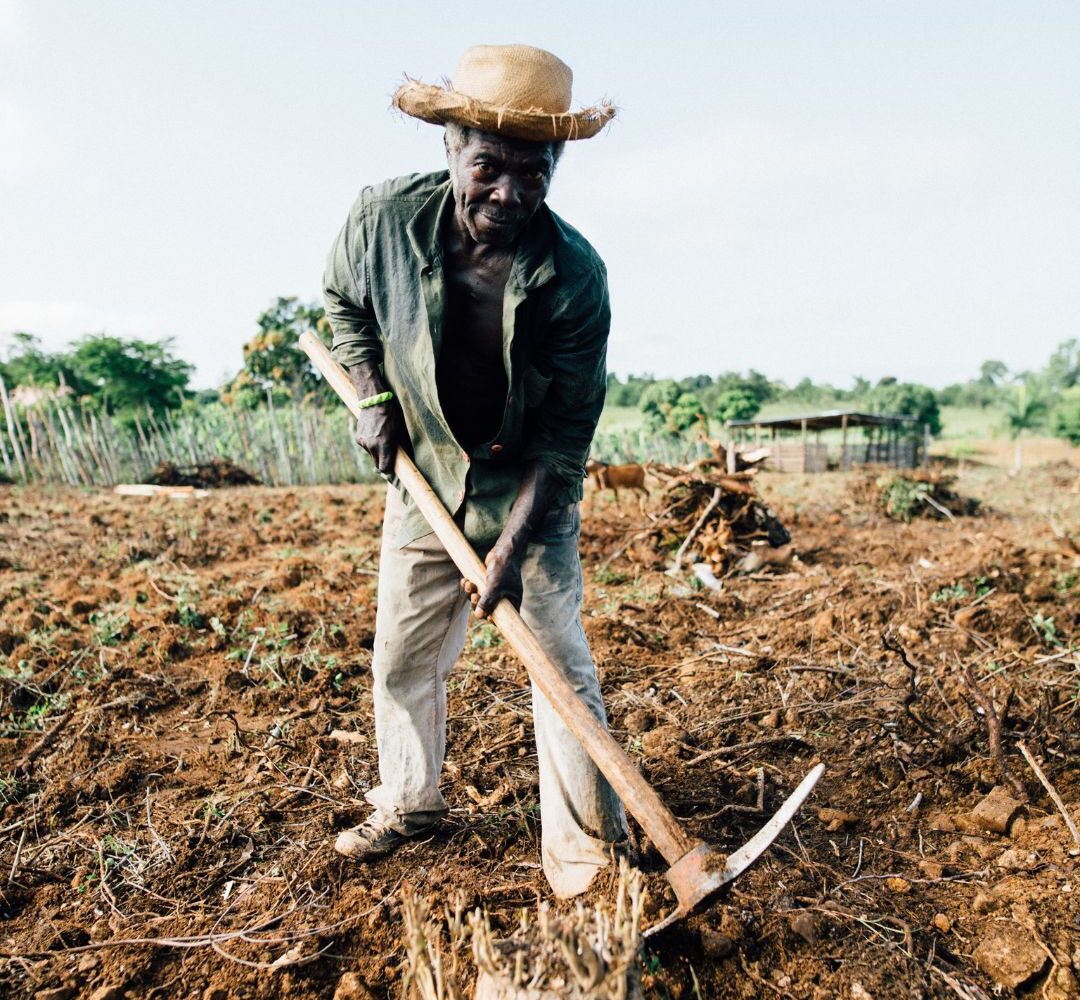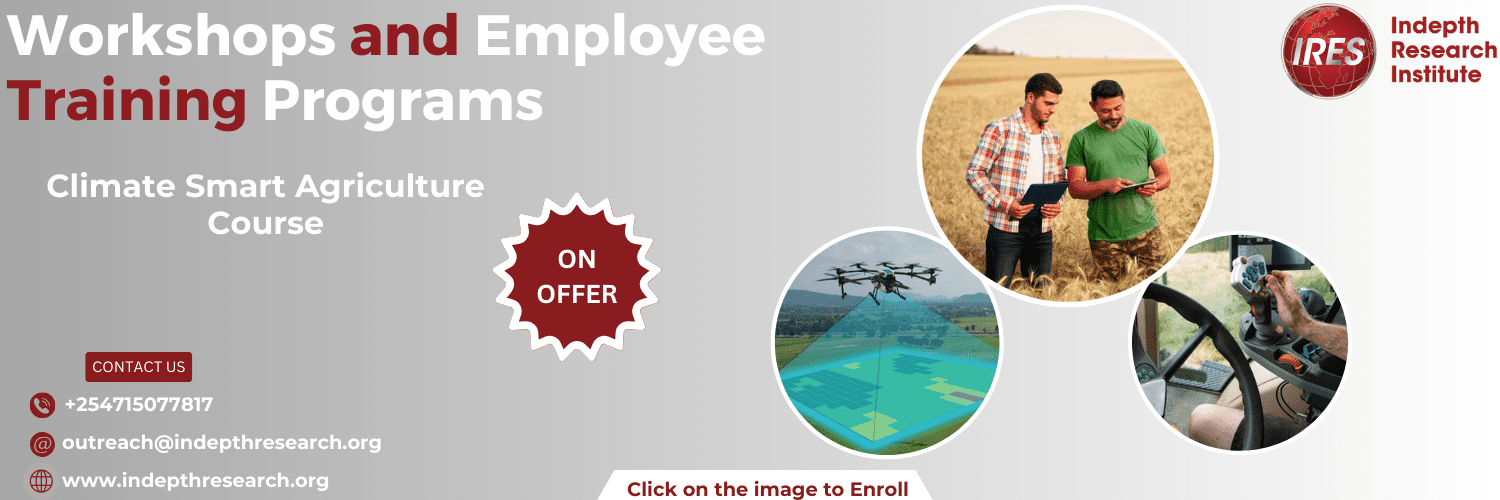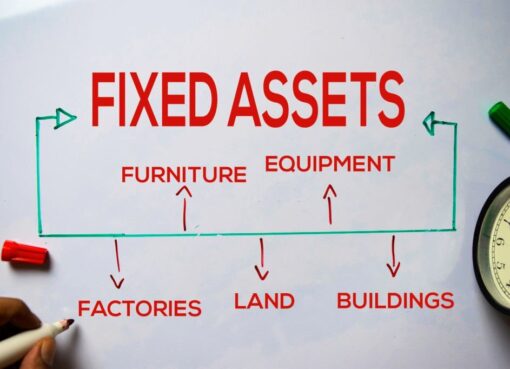Contents
- 1 Introduction:
- 2 What is Social-Economic Development
- 3 Enhancing Agricultural Productivity:
- 4 Promoting Entrepreneurship and Value Addition:
- 5 Strengthening Market Linkages:
- 6 Investing in Rural Infrastructure:
- 7 Strengthening Community Participation and Knowledge Sharing:
- 8 Conclusion:
- 9 How to Improve Your Social-Economic Development in Agriculture with IRES
Introduction:
Kenya, known for its vibrant agricultural sector, holds immense potential to uplift local communities through socioeconomic development in agriculture. By harnessing the power of sustainable farming practices, entrepreneurship, and community engagement, Kenya can create a pathway towards self-reliance, poverty reduction, and overall prosperity.
What is Social-Economic Development
Social-economic development refers to the process of improving the well-being and quality of life of individuals and communities through various social and economic interventions. It encompasses efforts aimed at reducing poverty, promoting economic growth, enhancing social equity, and empowering marginalized groups.
Social-economic development involves addressing key areas such as education, healthcare, employment, infrastructure development, income generation, and social inclusion. The goal is to create sustainable and inclusive societies where individuals have access to opportunities, resources, and services that enable them to lead fulfilling and productive lives.
Related: How Covid-19 Reinforces the Significance of the Agriculture Sector
In this blog post, we will explore the importance of empowering Kenyan communities through agricultural development and highlight key strategies to drive positive change.
Enhancing Agricultural Productivity:
To empower communities, it is crucial to improve agricultural productivity. For example, implementing advanced irrigation systems like drip irrigation can significantly increase crop yields while conserving water resources.
Training programs, such as those offered by organizations like Farmers’ Field Schools, provide farmers with hands-on guidance on effective pest management techniques and soil fertility improvement methods. By adopting these modern farming techniques, farmers can witness tangible improvements in their productivity and income.
Promoting Entrepreneurship and Value Addition:
Encouraging entrepreneurship in agriculture opens doors to economic opportunities and value addition. For instance, many small-scale farmers in Kenya have successfully ventured into agribusiness by processing their farm produce.
They have set up food processing units to add value to products like fruits, vegetables, and grains. This not only increases their profitability but also creates employment opportunities for the local community.
Strengthening Market Linkages:
Access to markets and fair pricing is vital for the sustained growth of agricultural communities. One successful example is the establishment of farmer cooperatives, such as the Githunguri Dairy Farmers Cooperative Society in Kenya.
This cooperative has strengthened the bargaining power of dairy farmers by collectively negotiating prices with milk processors. Additionally, leveraging e-commerce platforms like Twiga Foods has enabled small-scale farmers to directly connect with urban retailers, eliminating middlemen and ensuring fair compensation for their products.
Investing in Rural Infrastructure:
Adequate rural infrastructure plays a crucial role in agricultural development. For example, the construction of storage facilities, such as grain silos and cold storage units, helps farmers store their produce safely, reducing post-harvest losses.
Improved transportation networks, like the tarmacking of rural roads, facilitate the timely and efficient transportation of agricultural goods to markets. Access to reliable energy sources, such as solar-powered irrigation systems, enables farmers to irrigate their fields consistently, boosting productivity.
Strengthening Community Participation and Knowledge Sharing:
Active community participation and knowledge sharing are critical for empowering Kenyan communities in agriculture. For instance, organizations like the Kenya Agricultural and Livestock Research Organization (KALRO) conduct farmer field schools where farmers learn about modern farming techniques, crop rotation practices, and integrated pest management.
These interactive platforms allow farmers to share their experiences, learn from experts, and collectively find solutions to common challenges, fostering a sense of community and collaboration.
Conclusion:
Empowering Kenyan communities through socioeconomic development in agriculture holds immense potential to drive positive change and uplift livelihoods. By focusing on enhancing agricultural productivity, promoting entrepreneurship, strengthening market linkages, investing in rural infrastructure, and fostering community participation, Kenya can unlock the full potential of its agricultural sector.
Through collaborative efforts and sustainable practices, we can create a brighter future for Kenyan communities, where agriculture becomes a catalyst for inclusive growth, poverty reduction, and socioeconomic empowerment. Together, let us build a thriving agricultural sector that paves the way for a prosperous Kenya.
Also Read: Understanding Food Security: Definition, Causes of Food Insecurity, and Policy Implications in Kenya
How to Improve Your Social-Economic Development in Agriculture with IRES
Ready to make a significant impact on social-economic development in agriculture? Discover how our comprehensive course equips you with the knowledge and skills to drive positive change and unlock your agricultural initiatives’ full potential.
At Indepth Research Institute (IRES), we specialize in providing tailored solutions and empowering individuals and organizations in agriculture. Our experienced instructors guide you through practical exercises and real-world examples, ensuring invaluable insights into social-economic development strategies.
From sustainable farming practices to agricultural entrepreneurship, our course covers essential topics for success. Enroll now for access to cutting-edge knowledge and tools that enhance your ability to make a meaningful difference.
Don’t miss this opportunity to be at the forefront of social-economic development in agriculture. Visit our website or contact us today to learn more and start your transformative journey, driving sustainable change in communities.
Register now and become an agriculture catalyst for positive impact!
We have a firm belief that every organization has a unique purpose only they can fulfil in this world. We work with you in organizing your resources to exploit opportunities so that you can fulfil your purpose and realize full potential. We build the capacity of people, processes and systems for organizational success and growth as well as nurturing a thriving ecosystem.
Ready to enhance your skills and boost your career? Explore our corporate training programs now and start your journey to success.









Comment here